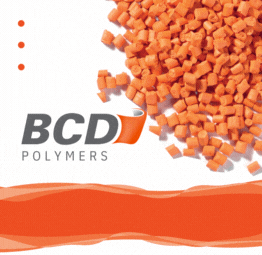In 2021 NGO Health Care Without Harm published the paper The polyvinyl chloride debate: Why PVC remains a problematic material. The target group is EU policymakers, who are urged to develop a strategy for a PVC phase-out in Europe, in healthcare and elsewhere. Major European NGOs have signed and given input to the paper.
After a careful review, Ole Grøndahl Hansen, PVCMed Alliance Project Manager, states: “The paper contains so many errors that we must urge European policymakers and hospitals to disregard it. Many hospitals around Europe are currently investigating how to implement circular initiatives for their plastic waste. Paradoxically, if they decide to follow the recommendations from NGOs, hospitals will do more harm than good for the environment.”
The NGO paper claims PVC is unrecyclable, can easily be substituted and contains chemical substances that are detrimental to health and environment. These and several other unfounded allegations are all thoroughly disproved in the 24-page long PVCMed Alliance critical review.
A new market study shows PVC is the most used plastic for medical devices in Europe with a market share of roughly 30%. Because of the material’s unique properties such as safety, versatility, recyclability and low cost, the share is expected to remain the same in the coming decade. A PVC phase-out in healthcare is therefore unrealistic.
Already today more than 300 hospitals around the world collect PVC-based medical devices for recycling. To accelerate the green transition of European healthcare, VinylPlus® Med is launching a pilot scheme in Belgium that will later be implemented elsewhere in Europe.
Ole Grøndahl Hansen continues: “We know that it is quite unusual that you see an industry organisation fight against an NGO publicly. In such a battle industry is almost always born to lose. However, the combination of the huge influence NGOs has on European policymakers and decision makers within healthcare and the many obvious factual errors in the NGO paper means we have to give it a try.”
Ole Grøndahl Hansen concludes: “When I started in the PVC industry more than 25 years ago, Greenpeace rightly pointed to issues related to PVC and its additives. With scientifically based arguments, Greenpeace succeeded in influencing policymakers to regulate and industry to invest and innovate. Today’s NGOs, as seen in the present paper, unfortunately do not employ the same scientific rigour when it comes to PVC.”


